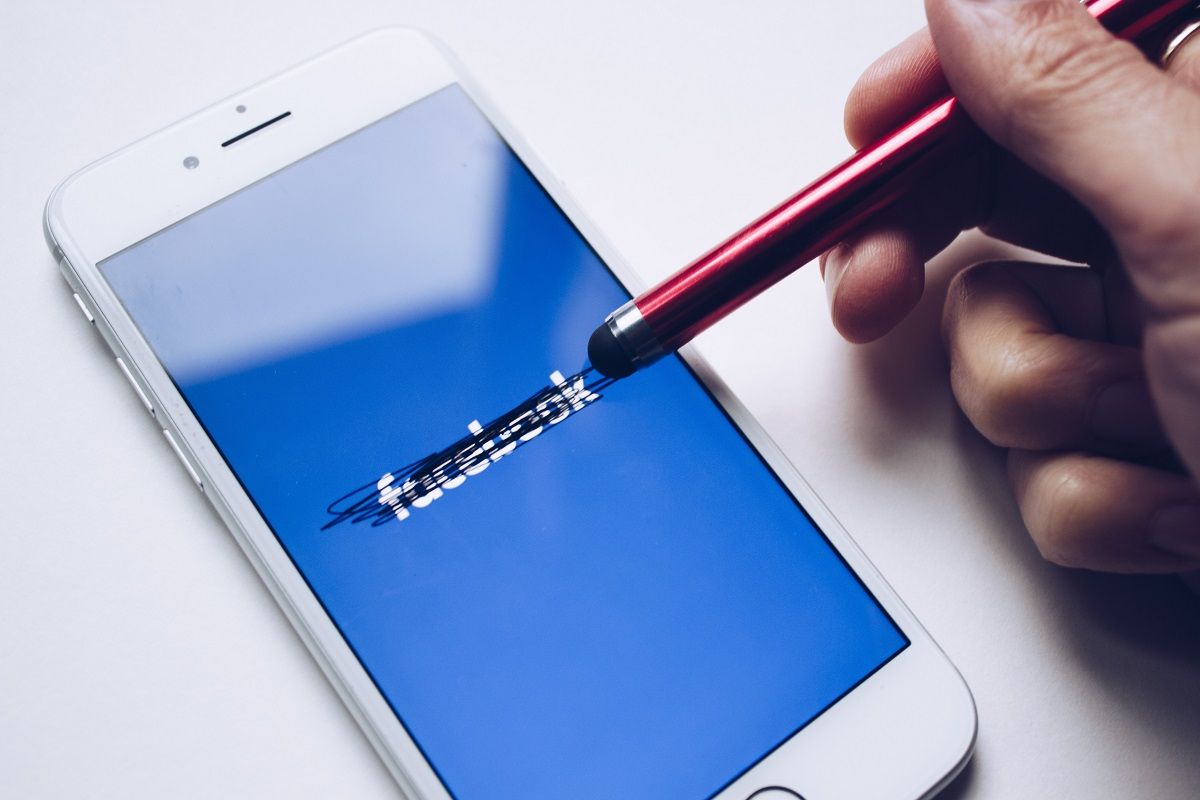
Public Opinion Shifts as Tech Titans Erode in Trustworthiness

Public Opinion Shifts as Tech Titans Erode in Trustworthiness
2021 was a tough year for big tech from a regulatory standpoint. Senior executives were repeatedly summoned by Congress to explain their policies and the alleged role their companies played in violating laws or destabilizing society.
Now a joint poll by the Washington Post and the Schar School of Government and Policy at the George Mason University shows people do not trust many big tech companies. Most would also like governments to regulate big tech more. Let’s find out some more details about the poll, and why Facebook in particular is most distrusted.
Disclaimer: This post includes affiliate links
If you click on a link and make a purchase, I may receive a commission at no extra cost to you.
What Does the Poll Say?

TheWashington Post conducted the poll in November 2021 across a random national sample of 1,122 adult Americans. 92% of the individuals surveyed say they use the internet almost constantly, several times a day or at least once daily.
79% of users say tech companies do not provide enough control over how their services track and use information. 64% favor greater government regulation over how internet companies handle privacy issues.
Related:The End of an Era: Is Big Tech in Trouble?
Email, search, and social media companies may provide free services. But, in return, they collect information to target advertisements at users. However, 73% of users think this is an unjustified use of people’s private information. Only 26% think this is a fair exchange for the services these companies provide, while 1% have no opinion.
In addition, though targeted ads may be the holy grail that keeps big tech in business, 66% of users say they are not helpful. 82% say targeted ads are annoying and 74% say they are invasive.
Facebook Is the Least Trusted
About 44% of Americans trust Apple and Microsoft. Google does better with 48% trust. Amazon does really well comparatively, as it has the trust of a majority 53% of users (Amazon and Washington Post are both owned by Jeff Bezos). Other users either distrust these four companies or have no opinion.
When it comes to social media, it is more meaningful to speak of distrust rather than trust. As a net figure, users distrust all social media companies. A solid 60% distrust Instagram and 63% distrust TikTok, while 53% distrust WhatsApp and YouTube.
However, Facebook is off the charts, with an overwhelming 72% sitting in the distrust camp. Only 20% of users trust Facebook and 8% have no opinion.
Why Is Facebook So Distrusted?

Almost 90% of users say Facebook has either a negative or neutral impact on society. Only 10% think Facebook has a positive impact on society. So why is this?
In 2016 Cambridge Analytica, a now-defunct firm, used data on Facebook users to influence US political campaigns. Since then, the publicity around Facebook has been brutal. Every month it seems a new story comes out accusing Facebook of something.
Most allegations argue that Facebook’s algorithms purposefully drive users into dark alleys of conflict and misinformation. They claim this riles users up, drives up engagement, and raises Facebook’s advertising revenues.
In 2021, whistleblower Frances Haugen told Congress that Facebook ignored these problems and prioritized its profits. She claimed they knew about the negative impacts its algorithms were having on users, especially teens on Instagram.
Related:Key Revelations From The Facebook Papers
By contrast, Apple probably became an unlikely hero for fighting the FBI to prevent access to its users’ phones. In addition, Apple users are passionate about Apple products.
Amazon also gets positive reviews, despite often being in the news for alleged worker mistreatment. Most people believe its Alexa product probably eavesdrops on them. However, users may appreciate Amazon’s focus on customer satisfaction with low prices and fast delivery.
Regulation Is Coming
More than 70% of internet users are on Facebook and have no intention of quitting. The same is probably true of all big tech; they have become too ubiquitous and too intertwined with our lives.
However, most Americans agree that government should regulate big tech. Congress has been holding regular hearings on the matter, so it seems only a matter of time before the legal hammer comes down.
It remains uncertain what that hammer will look like. Big tech is not quietly standing by and waiting to be regulated. They have big lobbying budgets and will probably influence what the law ends up looking like.
For now, users are taking matters into their own hands. Nearly 80% take precautions to limit the information that big tech gathers about them. These precautions include disallowing tracking, deleting web history, and Virtual Private Networks (VPN).
Also read:
- [New] Best Academy for Storytellers – [Top 8 Recommendations]
- [New] Blueprint Making Inspiring Lifestyle Broadcasts for 2024
- [New] Lifelike Livestreaming Should Streamers Trust Softwares or Systems?
- [New] Utilizing B-Roll to Enrich Narrative Arcs
- 15 Best Strongest Pokémon To Use in Pokémon GO PvP Leagues For Honor 90 Pro | Dr.fone
- A Web That Wounds: 10 Harmful Effects of Social Connectivity
- Facebook Unveils Enhanced User Experience Layouts
- In 2024, Top 5 Tracking Apps to Track Honor Magic V2 without Them Knowing | Dr.fone
- In 2024, What Does Enter PUK Code Mean And Why Did The Sim Get PUK Blocked On Vivo Y77t Device
- Mastering the Newsfeed Narrative with Customization Choices
- Simple and Effective Ways to Change Your Country on YouTube App Of your Oppo A59 5G | Dr.fone
- Social Giant's Iron-Fisted Approach to Combatting False Claims
- Strategies for Decreasing Unsolicited FB Messages
- The Top 5 Android Apps That Use Fingerprint Sensor to Lock Your Apps On Oppo A1 5G
- Title: Public Opinion Shifts as Tech Titans Erode in Trustworthiness
- Author: Michael
- Created at : 2024-10-23 18:16:53
- Updated at : 2024-10-26 17:03:26
- Link: https://facebook.techidaily.com/public-opinion-shifts-as-tech-titans-erode-in-trustworthiness/
- License: This work is licensed under CC BY-NC-SA 4.0.